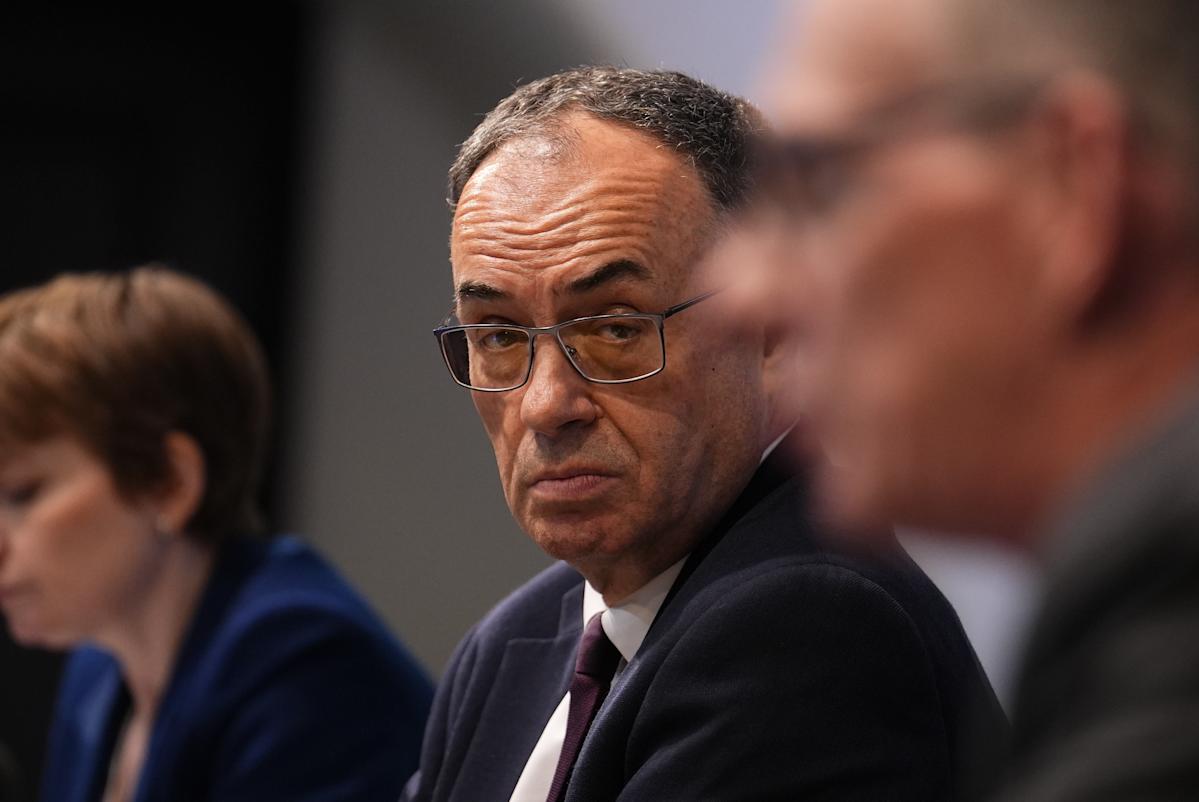Bank of England governor Andrew Bailey signalled a notable shift in tone on cryptocurrencies this week, suggesting that the digital assets pegged to real-world currencies could play a bigger role in the UK’s financial system than previously thought.
Speaking to the Financial Times, Bailey said it would be “wrong to be against stablecoins as a matter of principle”, adding that they could drive innovation in payments both domestically and internationally. He also noted that the financial system “does not have to be organised” around the current heavy reliance on commercial bank lending.
Read more: Crypto live prices
“It is possible, at least partially, to separate money from credit provision, with banks and stablecoins coexisting and non-banks carrying out more of the credit provision role,” Bailey wrote in the FT. But he cautioned that key questions remain, including whether stablecoins must be backed entirely by risk-free assets in order to be considered truly stable.
The Bank of England governor’s recent, more positive comments on stablecoins highlight just how far the UK’s central bank has come in its approach to this cryptocurrency innovation.
This marks a notable departure from Bailey’s earlier stance. In his September 2020 speech, he drew a sharp distinction between crypto-assets and money, characterising assets such as bitcoin (BTC-USD) as “unsuited to the world of payments”.
He stressed that any stablecoin used for payments must meet the same high standards applied to existing forms of money, including robust deposit protection, resolution mechanisms, liquidity and governance.
Bank of England Governor Andrew Bailey previously described crypto assets as ‘unsuited to the world of payments’. (AFP via Getty Images) · JORDAN PETTITT via Getty Images
Bailey also proposed that a better outcome might be for central banks themselves to “harness much of the technological and IT systems innovation and directly digitise cash”, raising the idea that central bank digital money could address the decline in paper currency “without the complications of creating the protections required around stablecoins”.
Since then, the Bank chief’s tone has become more cautiously open to stablecoins, provided they are regulated to the same standards as money. Despite his more recent willingness to engage with stablecoins, he continues to emphasise that any widespread adoption must be backed by strong safeguards.
Will Beeson, CEO of Uniform Labs, said the Bank of England illustrates the challenge for incumbents, which is that they hold a privileged position but risk losing out if they fail to move quickly on proven innovations from the crypto space.
“The currently entrenched financial intermediaries are in the privileged position to front-run innovation once feasibility and demand have been validated. The delicate question is whether they can execute quickly and boldly enough at the tipping point to defend their monopolies against increasingly mature, fast-moving new entrants,” Beeson told Yahoo Finance UK.
